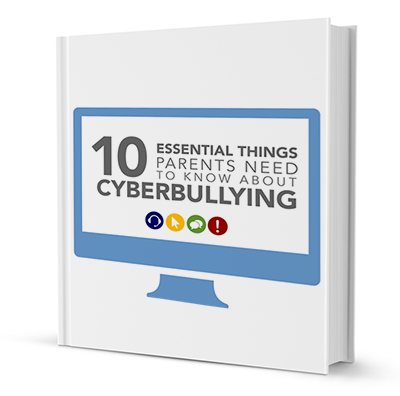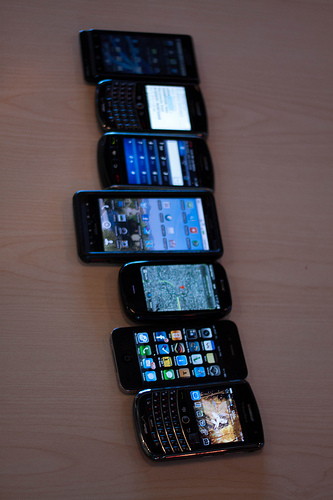As part of an on-going blog series that began three weeks ago, we have interviewed some internet safety experts, parenting experts and industry leaders and are pleased to present our findings. Our questions centered around 'digital parenting' and what people thought were the biggest issues regarding this subject.
Today we are featuring responses from our friend Tosin Williams, the founder of The Learning Period, an in-home tutoring service based in Los Angeles, CA.
uKnowKids: How has parenting changed with the introduction of so many digital devices?




















